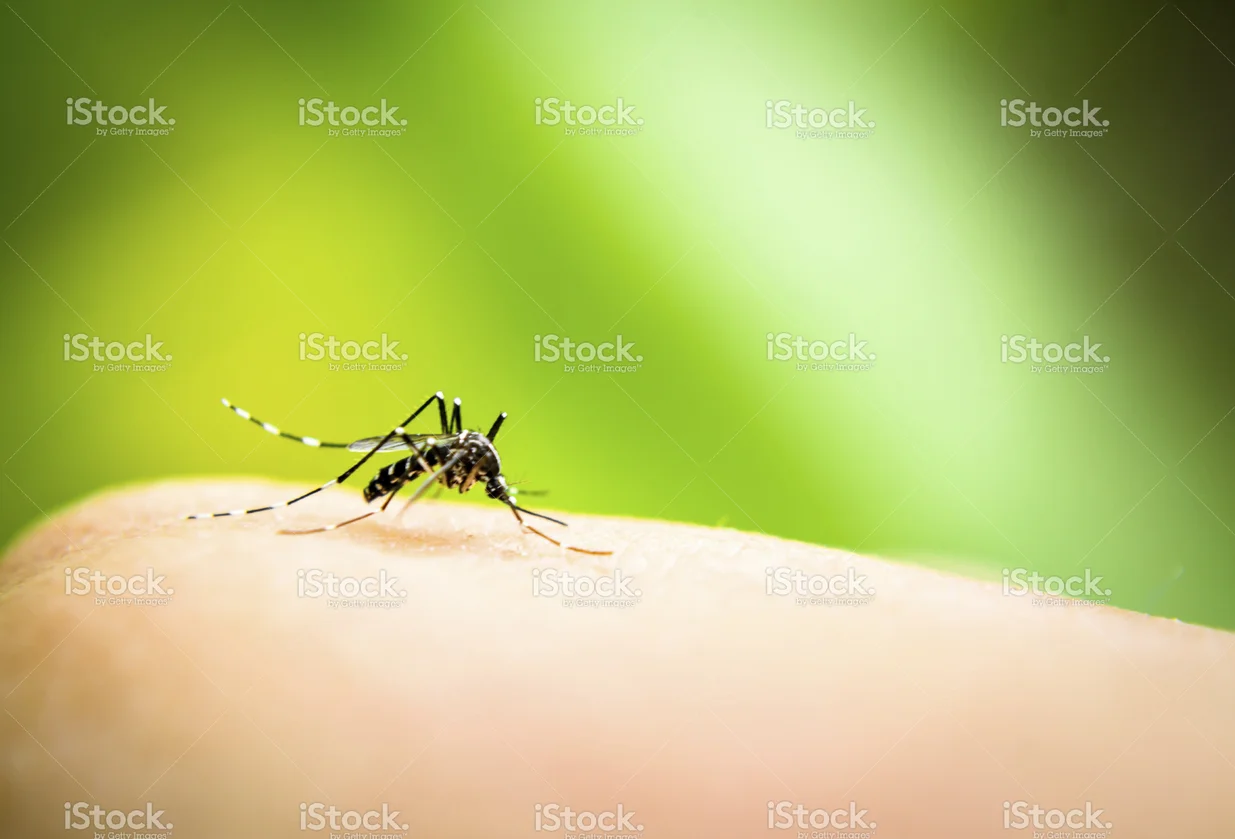Frequently Asked Questions
Adapted from the Center for Disease Control
What is dengue?
Dengue is a disease caused by any one of four closely related dengue viruses (DENV 1, DENV 2, DENV 3, or DENV 4). The viruses are transmitted to humans by the bite of an infected mosquito. In the Western Hemisphere, the Aedes aegypti mosquito is the most important transmitter or vector of dengue viruses, although it is also transmitted by the Aedes albopictus.
Q.What is severe dengue?
A. Severe dengue can be fatal if unrecognized and not properly treated in a timely manner. With good medical management, mortality due to severe dengue can be less than 1%.
Q.How is dengue spread?
A. Dengue is transmitted to people by the bite of an Aedes mosquito that is infected with a dengue virus. The mosquito becomes infected with dengue virus when it bites a person who has dengue virus in their blood. The person can either have symptoms of dengue fever or severe dengue, or they may have no symptoms. After about one week, the mosquito can then transmit the virus while biting a healthy person. Dengue cannot be spread directly from person to person.
Q. What are the symptoms of the disease?
A. The principal symptoms of dengue fever are high fever, severe headache, severe pain behind the eyes, joint pain, muscle and bone pain, rash, and mild bleeding (e.g., nose or gums bleed, easy bruising). Generally, younger children and those with their first dengue infection have a milder illness than older children and adults.
As per the 2009 World Health Organization case definitions dengue can be described as dengue without warning signs, dengue with warning signs, and severe dengue. The signs and symptoms are described below:
- Dengue without warning signs: Fever and Two of the following:
- Nausea/vomiting
- Rash
- Aches & pains
- Leukopenia
- Positive tourniquet test
- Dengue with warning signs: Dengue as defined above and:
- Abdominal pain
- Persistent vomiting
- Clinical fluid collection (ascites or pleural effusion)
- Mucosal bleeding
- Lethargy
- Liver enlargement
- Hemoconcentration
- Severe dengue: Dengue with at least one of the following:
- Plasma leakage leading to shock or fluid accumulation in the lungs leading to respiratory distress
- Severe bleeding
- Organ failure
Dengue patients have a fever that lasts from 2 to 7 days. When the fever declines, symptoms including persistent vomiting, severe abdominal pain, and difficulty breathing, may develop heralding the need for medical attention. This marks the beginning of a 24- to 48-hour period when the smallest blood vessels (capillaries) become excessively permeable (“leaky”), allowing the fluid component to escape from the blood vessels into the peritoneum (causing ascites) and pleural cavity (leading to pleural effusions). This may lead to failure of the circulatory system and shock, followed by death, if circulatory failure is not corrected. In addition, the patient with severe dengue has a low platelet count and hemorrhagic manifestations, tendency to bruise easily or other types of skin hemorrhages, bleeding nose or gums, and possibly internal bleeding.
Q. What is the treatment for dengue?
A. There is no specific medication for treatment of a dengue infection. Persons who think they have dengue should use analgesics (pain relievers) with acetaminophen and avoid those containing aspirin. They should also rest, drink plenty of fluids, and consult a physician. If they feel worse (e.g., develop vomiting and severe abdominal pain) in the first 24 hours after the fever declines, they should go immediately to the hospital for evaluation.
Q. Is there an effective treatment for severe dengue?
A. As with dengue fever, there is no specific medication for severe dengue. It can however be effectively treated by fluid replacement therapy if an early clinical diagnosis is made. Severe dengue management frequently requires hospitalization. Physicians who suspect that a patient has severe dengue may want to consult the Dengue Branch at CDC, for more information.
Q. Where can outbreaks of dengue occur?
A. Outbreaks of dengue occur primarily in areas where Ae. aegypti (sometimes also Ae. albopictus) mosquitoes live. This includes most tropical urban areas of the world. Dengue viruses may be introduced into areas by travelers who become infected while visiting other areas of the tropics where dengue commonly exists.
Q. What can be done to reduce the risk of acquiring dengue?
A.There are vaccines in the research pipeline for preventing dengue but are not currently available. The best preventive measure for residents living in areas infested with Ae. aegypti is to eliminate the places where the mosquito lays her eggs, primarily artificial containers that hold water.
Items that collect rainwater or to store water (for example, plastic containers, 55-gallon drums, buckets, or used automobile tires) should be covered or properly discarded. Pet and animal watering containers and vases with fresh flowers should be emptied and cleaned (to remove eggs) at least once a week. This will eliminate the mosquito eggs and larvae and reduce the number of mosquitoes present in these areas.
Using air conditioning or window and door screens reduces the risk of mosquitoes coming indoors. Proper application of mosquito repellents containing 20% to 30% DEET as the active ingredient on exposed skin and clothing decreases the risk of being bitten by mosquitoes. The risk of dengue infection for international travelers appears to be small. There is increased risk if an epidemic is in progress or visitors are in housing without air conditioning or screened windows and doors.
Q. How can we prevent epidemics of dengue?
A.The emphasis for dengue prevention is on sustainable, community-based, integrated mosquito control, with limited reliance on insecticides (chemical larvicides, and adulticides). Preventing epidemic disease requires a coordinated community effort to increase awareness about dengue fever/DHF, how to recognize it, and how to control the mosquito that transmits it. Residents are responsible for keeping their yards and patios free of standing water where mosquitoes can be produced.

